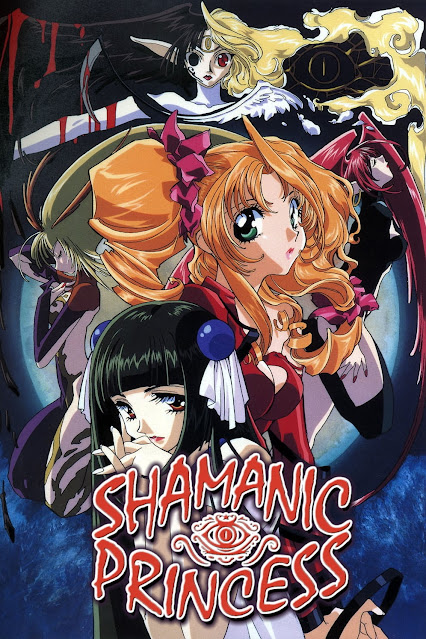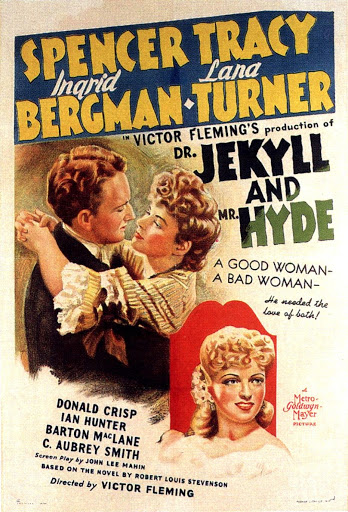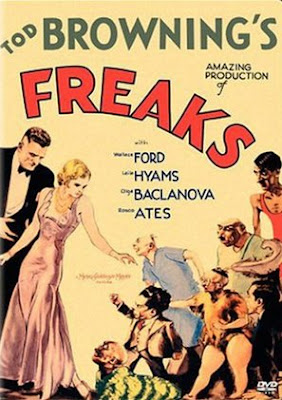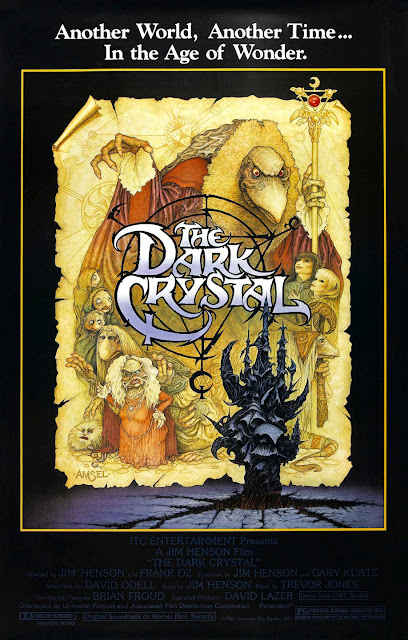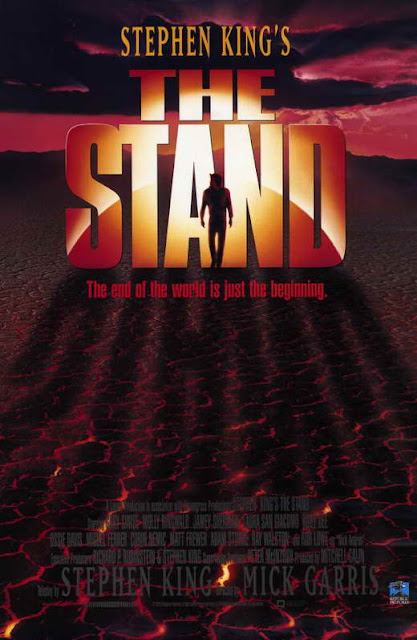Adventure Island (1987)
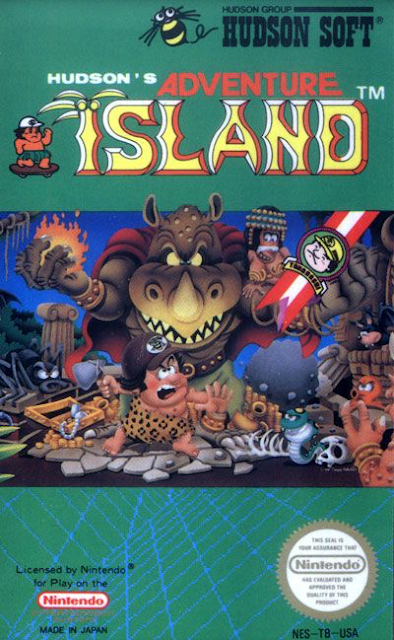
Adventure Island (1987) Can a video game be frustrating to the point of being impossible, but also be great and fun at the same time? For me that has always been the case for Hudson's Adventure Island. I remember playing this game as a kid, and I always loved it, for me as a kid though anything with skateboarding was something that I absolutely loved, and though I have great memories of spending hours upon hours playing this game, I realized as I played it this past week, that I had never been past the second part of the first level, I'm not sure if I ever even got through the first stage of the first level as a kid. But I was never frustrated with it, I loved playing it. Can you be absolutely terrible at something and love it? Yes, I think so. So I put serious effort into this game this past week and I realized something, it is terribly frustrating to the point of me having to admit that for me it is impossible (I didn't eve...
